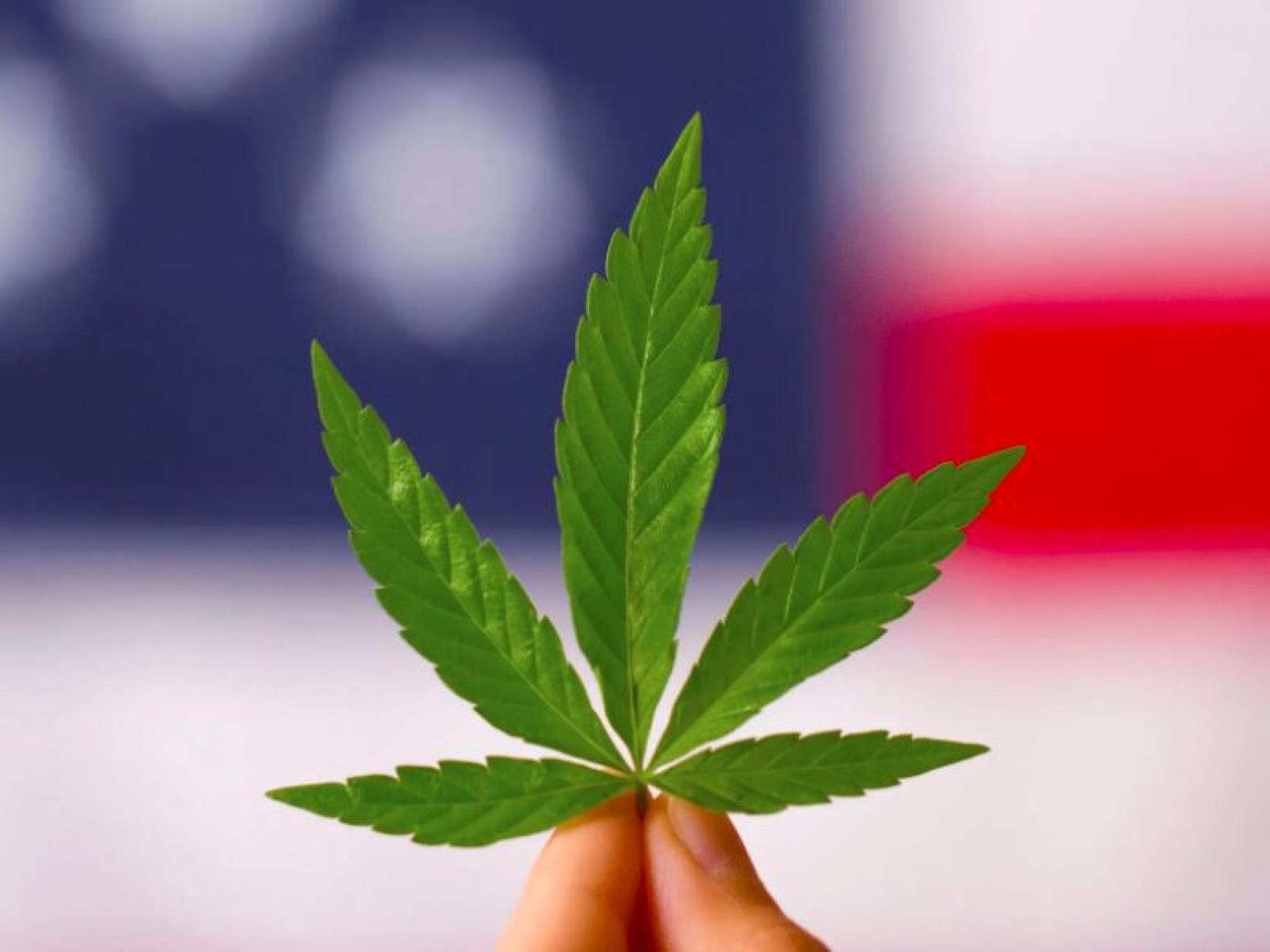
Lawmakers released a report recently with majority and minority leaders of the House Judiciary Committee who made their arguments for and against bill HR 3617, “Marijuana Opportunity, Reinvestment, and Expungement (MORE) Act, which is sponsored by the panel’s chairman, Rep. Jerrold Nadler (D), reported Marijuana Moment.
Members of the House Judiciary Committee advanced the bill sponsored by Nadler, in September 2021.
The Marijuana Justice Coalition (MJC), a broad alliance of national advocacy organizations convened by the Drug Policy Alliance, including the American Civil Liberties Union and Human Rights Watch sent a letter to House Speaker Nancy Pelosi (D) and House Majority Leader Steny Hoyer (D) called for a floor vote on the MORE Act.
The MORE Act repeals the long-standing federal prohibition of marijuana by removing it from the Controlled Substances Act — thereby ending the state/federal conflict over cannabis policies and providing state governments with greater authority to regulate marijuana-related activities, including retail sales.
The bill creates an “Opportunity Trust Fund” to support a “Community Reinvestment Grant Program” under the Justice Department, substance misuse treatment programs, and the Small Business Administration (SBA), that would facilitate grants for states and localities that expunge marijuana convictions.
A “minority views” section of the report, by Judiciary Committee Ranking Member Jim Jordan (R), criticized the bill for being “an enormous federal subsidy and stimulus for the marijuana industry,” that “would open the floodgates to marijuana cultivation, distribution, and sale within the United States allowing transnational criminal organizations to further exploit America’s addiction crisis.”
On Wednesday, a House Rules Committee meeting is expected that will decide if the bill should be amended.
“The communities that have been most harmed by cannabis prohibition are benefiting the least from the legal marijuana marketplace,” the report states. “A legacy of racial and ethnic injustices, compounded by the disproportionate collateral consequences of 80 years of cannabis prohibition enforcement, now limits participation in the industry. Fewer than one-fifth of cannabis business owners identify as minorities and only approximately 4 percent are black.”
The report notes that “enforcing cannabis prohibition laws costs taxpayers approximately $3.6 billion a year,” and impacts people of color “who are almost 4 times more likely to be arrested for cannabis possession than their White counterparts, despite equal rates of use across populations.”
The report highlights that people of color have been historically targeted by discriminatory sentencing practices “resulting in Black men receiving drug sentences that are 13.1 percent longer than sentences imposed for White men.”
Image via El Planteo.







